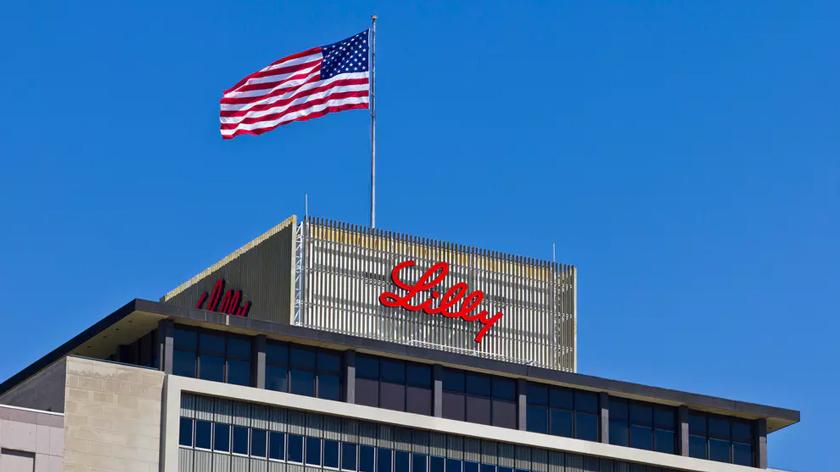FDA won’t approve Lilly’s mirikizumab for ulcerative colitis

The FDA has issued a complete response letter to Eli Lilly, turning down its attempt to get approval for anti-IL-23p19 antibody mirikizumab as a treatment for ulcerative colitis (UC).
The company has said that the disappointing outcome stems mainly from issues the regulator has with the manufacturing processes for the drug, rather than any problems with the clinical data, safety, and proposed labelling in the marketing application.
The CRL comes after mirikizumab was approved for UC in Japan, and recommended for approval in the EU.
Lilly filed for approval of mirikizumab in UC last year, on the strength of two clinical trials – LUCENT-1 and LUCENT-2 – as induction and maintenance therapy, respectively, in adult patients with moderately to severely active UC.
LUCENT-1 showed that 24% of patients treated with mirikizumab were in clinical remission at 12 weeks – meaning inflammation of the colon is controlled or resolved – compared to 13% of the placebo group.
LUCENT-2, meanwhile, found that around 49.9% of patients on mirikizumab maintenance remained in clinical remission after a year’s follow-up, compared to 25.1% of those on placebo.
Furthermore, 98% of patients who remained in clinical remission after a year were not taking corticosteroids, which can cause serious side effects, while 40% had achieved resolution or near resolution of bowel urgency, considered to be one of the most distressing symptoms of UC.
Lilly has its hopes pinned on approval of mirikizumab in UC, after it decided to abandon development of the drug in psoriasis, saying the market had become too crowded, curbing potential sales of the would-be blockbuster.
Analysts have suggested that, despite the delay in approval, it is still likely to make it to market, with sales potential of $2 billion or more, despite an increasingly competitive UC category from drugs like Johnson & Johnson’s already marketed IL-23 inhibitor Stelara (ustekinumab) and anti-IL-23p19 antibody Tremfya (guselkumab), currently in late-stage development for UC.
AbbVie has also filed for approval of its IL-23 inhibitor Skyrizi (risankizumab) in UC, trying to add to its current use in Crohn’s disease and other indications, and all the biologics face competition from biosimilars of older TNF inhibitor therapies.
A new generation oral therapies is also emerging, headed by Bristol-Myers Squibb’s recently-approved S1P therapy Zeposia (ozanimod), which was approved for UC in 2021, with Pfizer/Arena Pharma’s rival etrasimod also filed for approval.
Other new entrants, meanwhile, include JAK inhibitors like AbbVie’s Rinvoq (upadacitinib) – approved for UC last year – and BMS’ TYK2 inhibitor Sotyktu (deucravacitinib), which is approved for psoriasis and in development for UC, although it missed the mark in a phase 2 trial.
“We remain confident in mirikizumab’s pivotal phase 3 clinical data and its potential to help people with ulcerative colitis,” said Patrik Jonsson, president of Lilly USA and the company’s chief customer officer.
“We are working diligently with the FDA and hope to launch mirikizumab in the US as soon as possible.”












